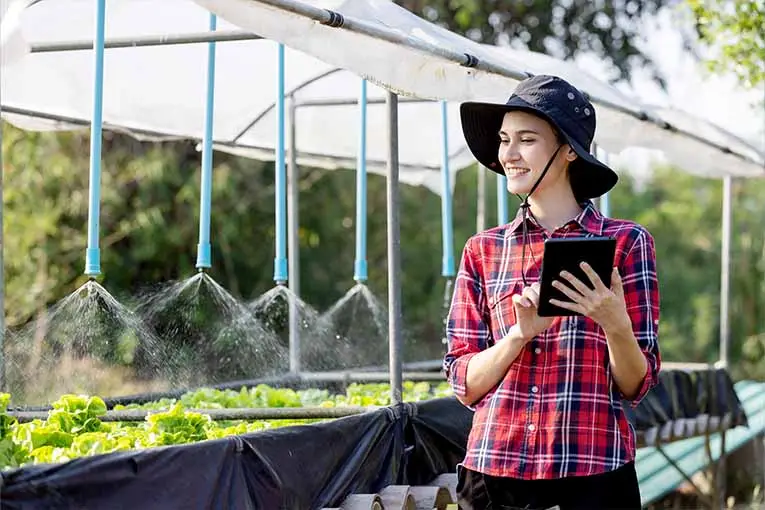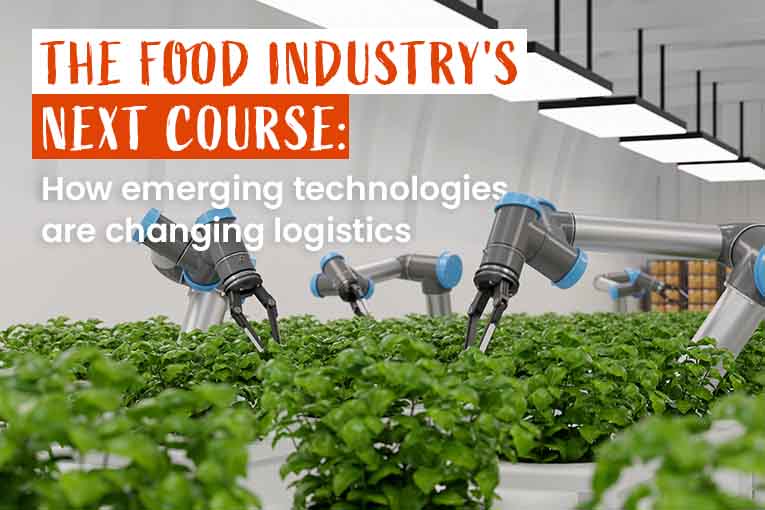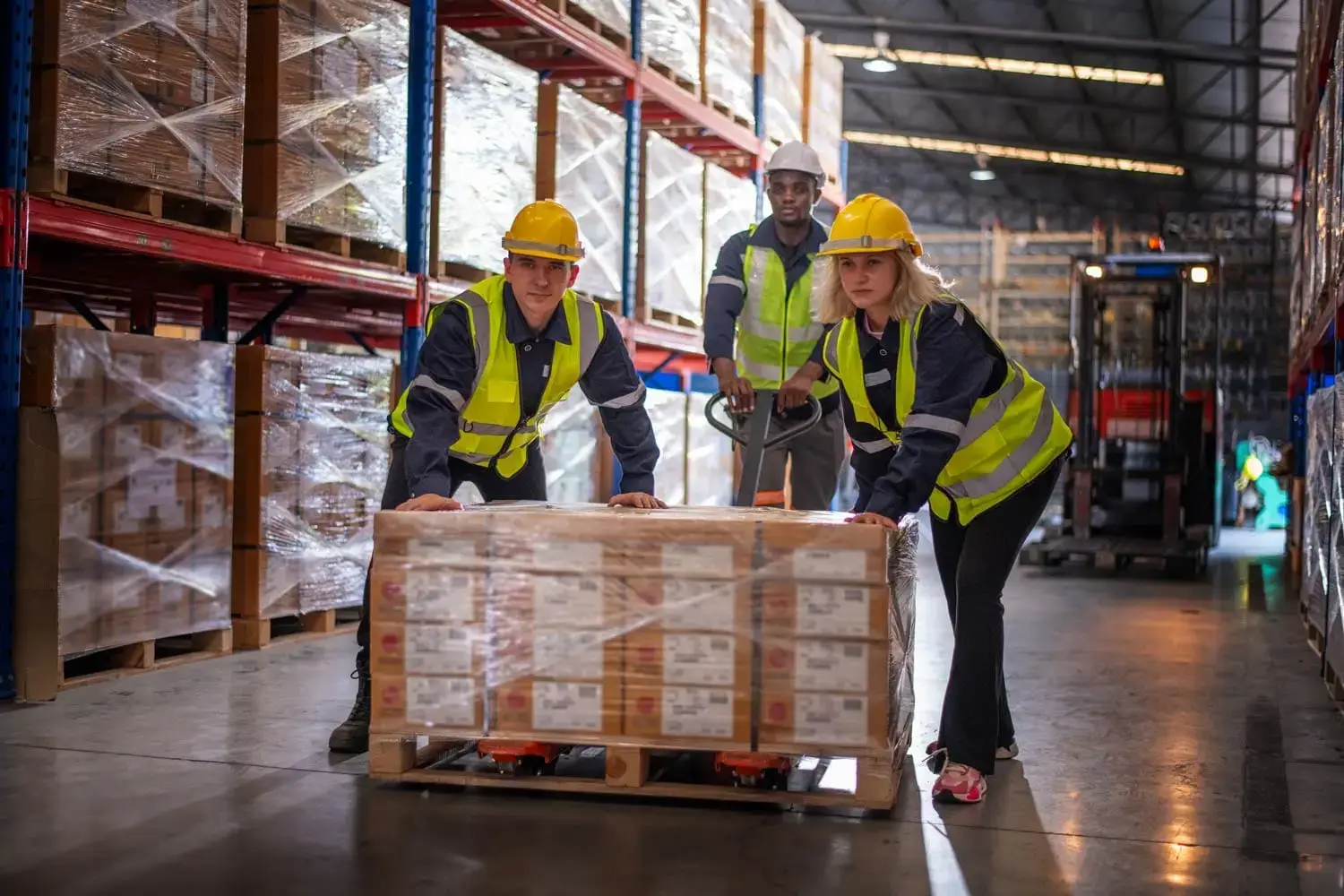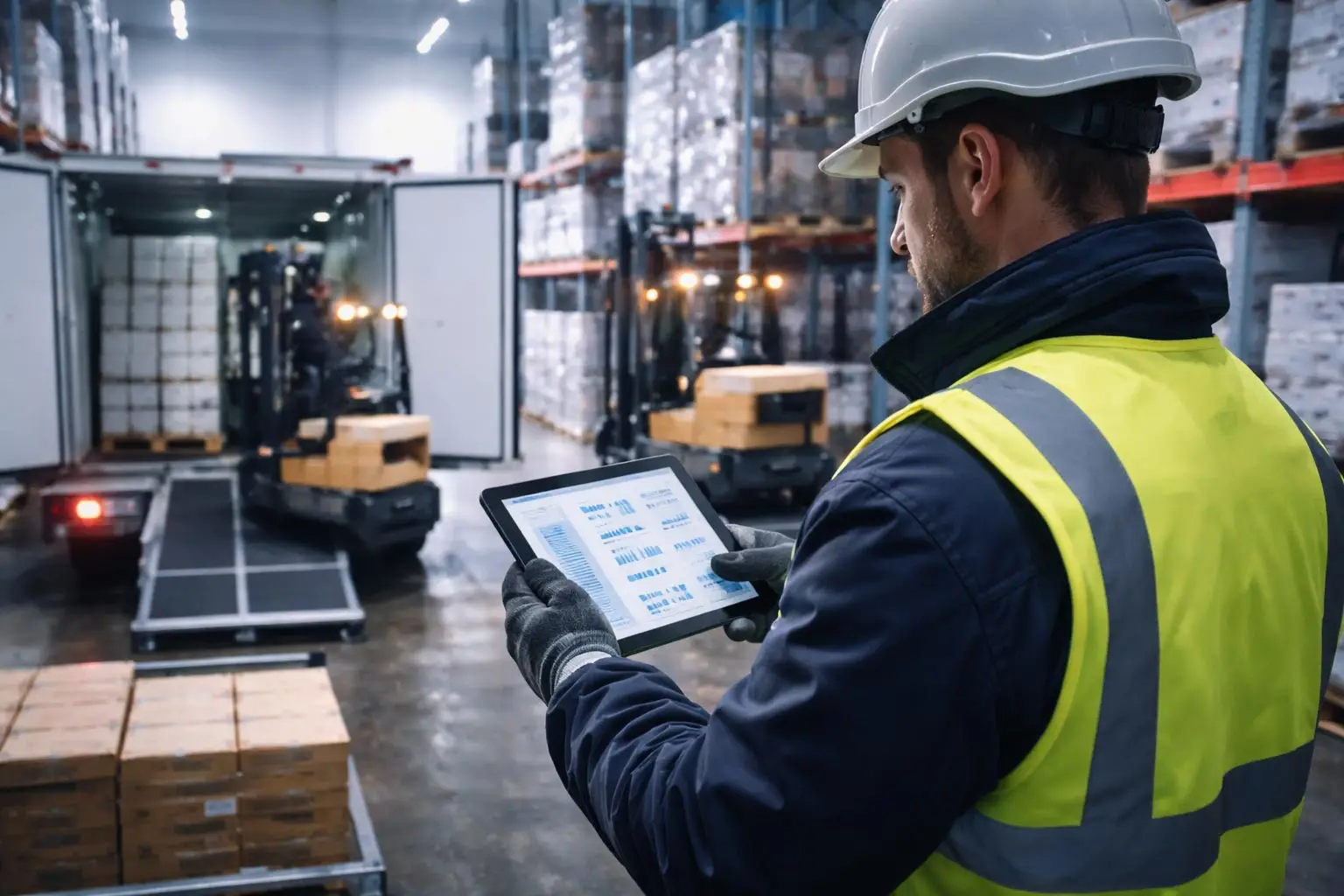As consumers increasingly demand faster and more efficient food delivery, the food logistics industry is continuously evolving to meet their needs. Emerging trends and technologies are changing the way food is transported, stored, and delivered. In this article, we will explore some of these innovations and their impact on the food logistics industry.
One of the most significant trends in food logistics is the use of blockchain technology. Blockchain provides a secure and transparent method of tracking the entire food supply chain, from farm to table. This technology can improve food safety and traceability by allowing consumers to know exactly where their food comes from and how it was produced. The use of blockchain technology can also help prevent food fraud by ensuring that food products are genuine and have not been tampered with.
Another emerging technology in food logistics is the use of drones for delivery. Drones can provide a faster and more cost-effective delivery method, particularly for rural or remote areas. They can also reduce carbon emissions and traffic congestion. Companies like Amazon and Domino’s Pizza have already experimented with drone deliveries, and it is likely that more companies will follow suit in the coming years.

The Internet of Things (IoT) is also transforming food logistics. By using sensors and other IoT devices, companies can track the temperature, humidity, and other environmental factors that affect food quality during transportation and storage. This technology can help reduce food waste by ensuring that perishable products are stored and transported under the appropriate conditions.
Robotics is another technology that is becoming increasingly popular in food logistics. Robots can automate many of the tedious and repetitive tasks involved in food logistics, such as picking and packing. This technology can help reduce labor costs and improve efficiency.
3D printing is also making its way into the food industry. While still in its early stages, 3D printing technology can create customized food products with specific nutritional content and flavors. This technology has the potential to revolutionize food production and logistics by reducing waste and improving efficiency.
Finally, autonomous vehicles are poised to transform food logistics by providing a safer and more efficient mode of transportation. Autonomous vehicles can reduce accidents and save time by eliminating the need for drivers. Companies like Uber and Waymo are already testing autonomous vehicles for food delivery, and it is likely that we will see more of these vehicles on the road in the future.



